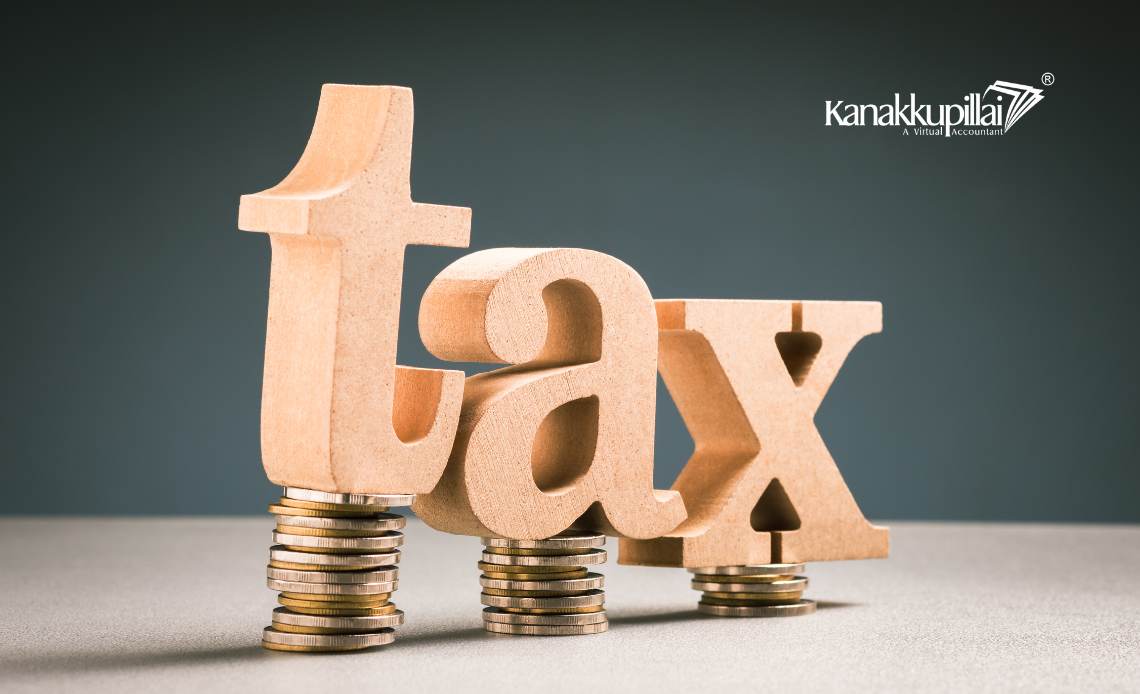Last Updated on May 20, 2025
In the critical world of financial markets and services, various types of taxes and charges are levied on investors and traders, which influence how investments are planned and executed. One such tax is the Securities Transaction Tax (STT), a direct tax implemented by the Indian government to streamline and simplify the taxation process on securities trading. Introduced in 2004, STT aims to ensure transparency, accountability and curb tax evasion in capital market transactions. This article delves deep into what STT is, its history, rates, applicability, impact on investors, and criticisms.
What is Securities Transaction Tax (STT)?
Securities Transaction Tax is a direct tax which levied on the transaction value of securities traded on recognized stock exchanges in India. The tax is applicable whether the investor makes a profit or a loss on the transaction. It is collected by the stock exchange and deposited with the government.
Unlike capital gains tax, which is calculated based on the profit which is made on the sale of securities, STT is imposed at the time of transaction, making it simpler to administer and harder to evade.
Historical Background
STT was introduced through the Finance Act, 2004, and became effective from October 1, 2004. The government’s primary objective was to curb the evasion of capital gains tax and bring transparency and accountability in the taxation process of profits earned through stock trading. Before STT, tracking individual profits and enforcing tax compliance was difficult task due to the major volume of trades and lack of centralized of tracking mechanisms.
With STT in place, a small tax is collected upfront on each transaction. Over time, STT has undergone several changes in terms of scope and rates, influenced by economic conditions and market feedback.
Scope and Applicability
STT is applicable to transactions executed on recognized stock exchanges and involves the following securities:
- Equity shares
- Derivatives (Futures and Options)
- Equity-oriented mutual funds
- Initial Public Offerings (IPOs), when sold on a stock exchange
- Exchange-Traded Funds (ETFs)
It is important to note that off-market transactions, such as transfer of shares through gifts or inheritance, do not attract STT.
Current STT Rates (as of 2024)
The rates of STT differ based on the type of security and whether it is a buy or sell transaction. Below is a summary of applicable rates:
| Type of Transaction | Buyer/Seller | STT Rate |
| Equity delivery (purchase) | Buyer | 0.1% |
| Equity delivery (sale) | Seller | 0.1% |
| Equity intraday (sale) | Seller | 0.025% |
| Equity futures (sale) | Seller | 0.0125% |
| Equity options (sale of options) | Seller | 0.0625% on premium |
| Exercise of options | Buyer | 0.125% on a settlement price |
| Sale of units of equity-oriented mutual funds (delivery-based) | Seller | 0.001% |
These rates are periodically reviewed by the government and may be changed during the Union Budget or through finance bills.
How is STT Collected?
STT is collected by the stock exchanges, such as NSE and BSE, through their clearing corporations. When a trade is executed, the exchange deducts the applicable STT and remits it to the Central Government. The process is automatic and seamless for investors, ensuring minimal compliance burden…!
Impact on Investors and Traders
- Simplification of Taxation: STT simplifies tax compliance by making tax collection automatic. Since it is imposed on all transactions, there is no ambiguity or room for manipulation regarding whether tax is payable.
- Cost of Trading: STT adds to the overall cost of trading, especially for high-frequency traders and intraday investors. While the rate appears small, the cumulative impact on high volumes can be significant.
- Influence on Investment Behaviour: STT can influence how investors and traders operate in the market. For instance, options traders may feel a greater burden due to the higher STT on premium turnover. It can also discourage short-term speculative trading to some extent.
- Tax Deductibility: In the case of income from business (such as for full-time traders), STT paid is allowed as a deduction under Section 36 of the Income Tax Act. However, it is not deductible for investors who treat gains as capital gains.
Criticisms of STT
While STT has brought efficiency and ease of tax collection, it has not been free from criticism:
- Regressive Nature: Since STT is levied on the transaction amount irrespective of profit or loss, it disproportionately affects traders with small margins.
- Global Competitiveness: High STT rates can make Indian markets less attractive compared to global markets where such taxes are absent or lower.
- Impact on Derivatives Market: The derivatives segment, especially options, sees high volumes and slim margins. High STT on premium discourages participation and reduces market depth.
Recent Developments and Debates
In recent years, there have been calls from brokerages and industry bodies to reduce or rationalize STT, especially on derivatives. The Finance Ministry has considered these concerns, but has so far retained STT rates due to the substantial revenue it generates for the government.
In FY 2022-23, STT collections crossed ₹25,000 crore, highlighting its importance as a fiscal tool.
Conclusion
Securities Transaction Tax has emerged as a significant and major component of India’s in a financial market landscape. It ensures the element of transparency, simplifies tax administration and contributes significantly to government revenue. However, for India to remain competitive and attract greater participation in its capital markets, especially from foreign investors and domestic institutions, a careful re-evaluation of STT rates and structures may be necessary.
Investors and traders should remain aware of how STT affects their transactions and overall profitability and factor it into their investment planning.
Related Services





